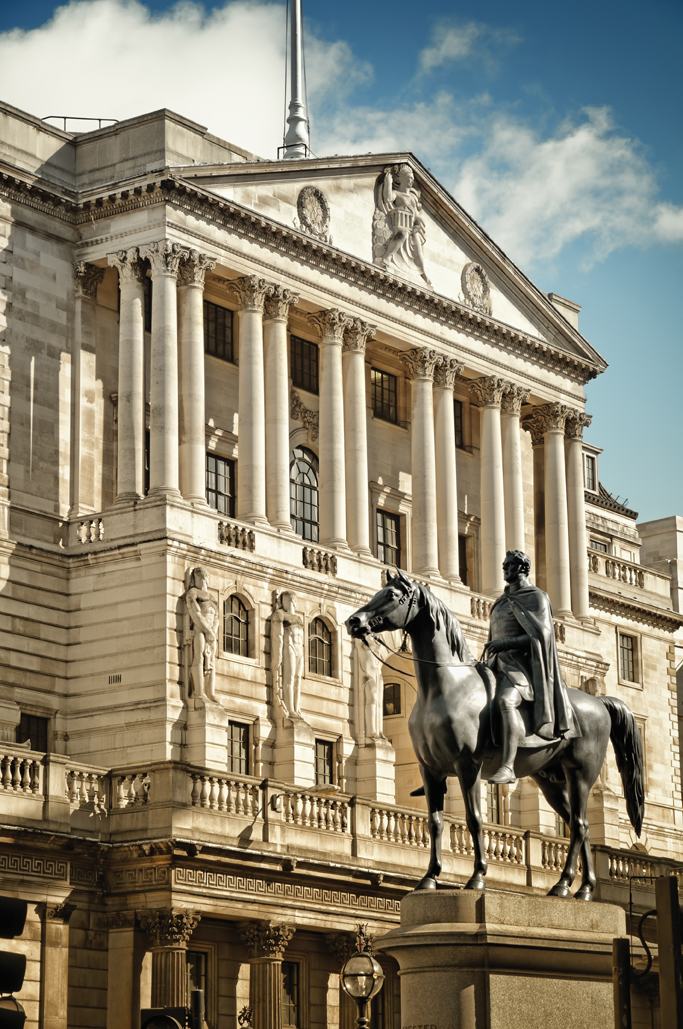Household Bills
The economists’ view; UK inflation

Inflation dropped to a record low of 0.3 per cent in January this year, figures published today show.
As Your Money reported yesterday, inflation fell to 0.3 per cent in January, the lowest level ever recorded, as price growth continued to slump on the back of falling oil prices.
Fuelling the fall are sliding international oil prices and a national supermarket price battle. However, oil prices started to recover from their six-year low in January – and the BoE estimate inflation will start to rise once more before the year is over. The last time the UK experienced deflation was March 1960.
Economic commentators give their verdict
Vicky Redwood, of Capital Economics, claimed that George Osborne was banking on national wage data released tomorrow showing pay growth outpacing inflation. “This would point to the first sustained improvement in real-terms earnings since 2008,” Redwood noted. “He hopes a bumper crop of self assessment receipts will get a downward trend in borrowing back on track.”
Alan Clarke, of Scotiabank, believes that “falling petrol and food costs will continue to drag down the consumer price index,” but predicted that “clothing would have a positive effect”, and the start of spring “would see less discounting than usual.”
Howard Archer, of IHS Global Insight, said “inflation in January would have been even lower, but was limited by more retailer discounting than usual in December and November, with the result that many shops introduced full-priced new stock earlier than normal.”
“Consumer price inflation is expected to start edging up from the third quarter of 2015,” he continued. “This is seen to be the consequence of base effects becoming less favourable, oil prices rising gradually from their early-2015 lows, earnings growth picking up and excess capacity in the economy diminishing.”